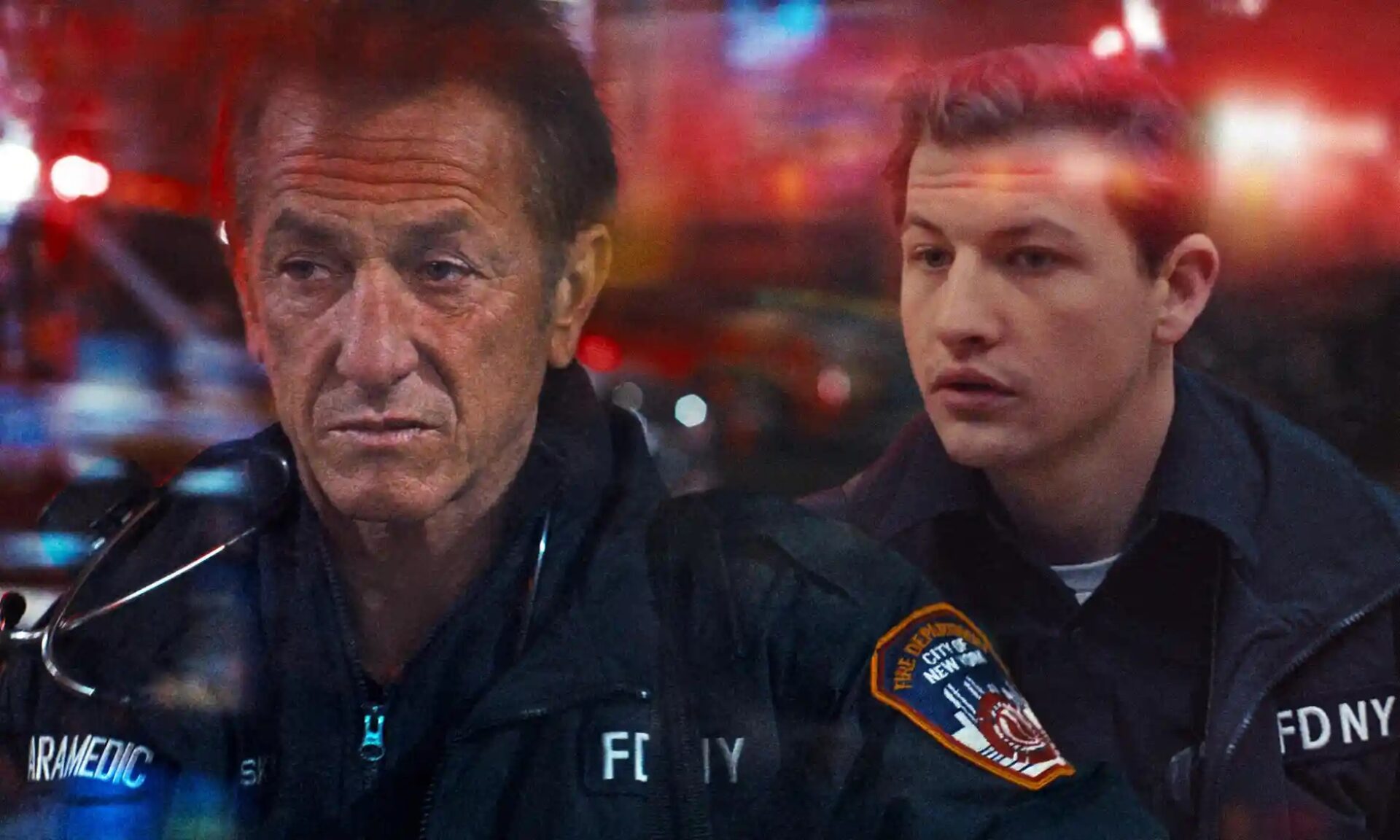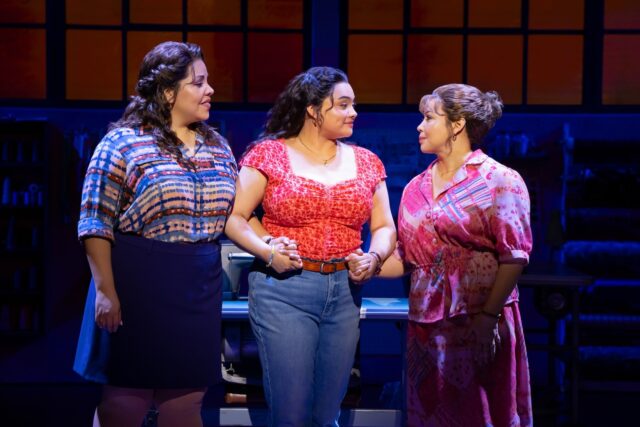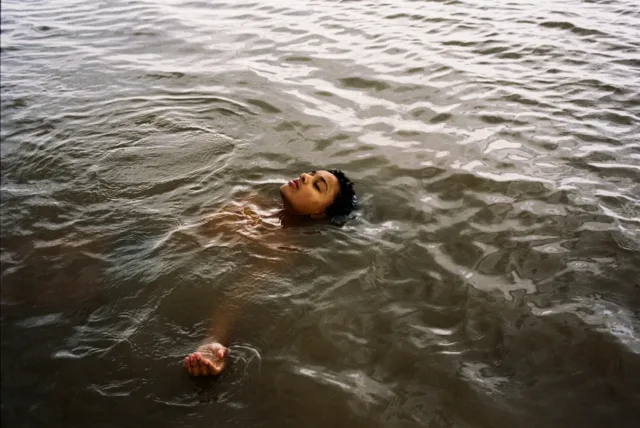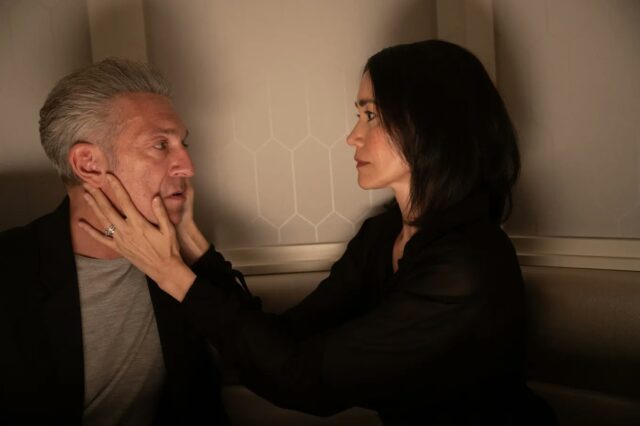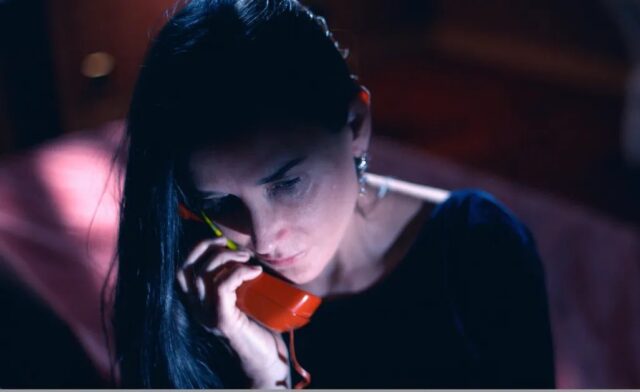CANNES REVIEW: Sean Penn and Tye Sheridan Star In New Film Black Flies at Cannes, Misses the Mark
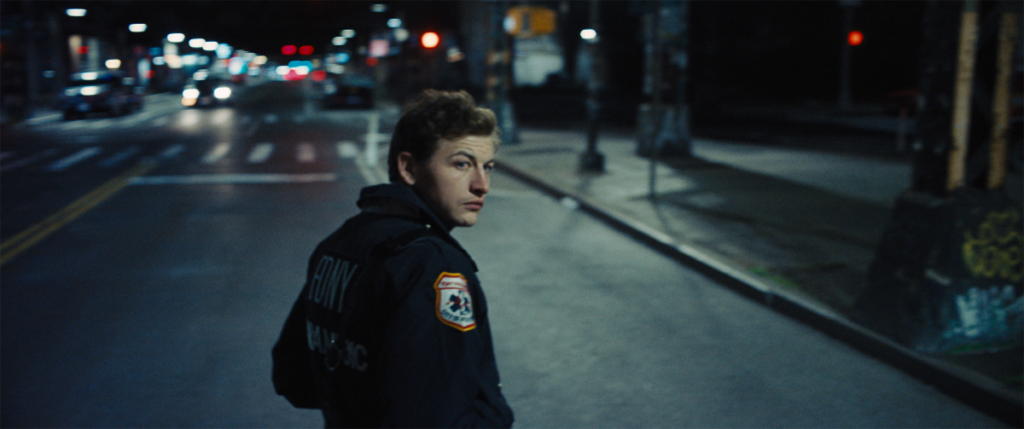
Jean-Stéphane Sauvaire’s (A Prayer Before Dawn, Johnny Mad Dog) Cannes debut of Black Flies, starring Sean Penn and Tye Sheridan, perpetuates stereotypes that all criminals are Black and brown (and ungrateful) and reinforces the white savior complex in this gritty but well-scored and shot dark drama on New York City Fire Department paramedics riddled with toxic masculinity.

With a backdrop of Brownsville, Brooklyn, Black Flies stars Sean Penn, Tye Sheridan, Gbenga Akkinagbe, Raquel Nave, Kali Reis, Michael Carmen Pitt, Katherine Waterston, and Mike Tyson. While it has amazing sound (Nicholas Becker, Quentin Sirjacq), direction, and photography (David Ungaro) using hand-held cameras and really captured the hectic, fast-paced, adrenaline-filled paramedic rounds, the cast, and Tye Sheridan deserved better on the writing for this adapted script based on Shannon Burke’s 2008 novel by the same name.
Sheridan is a phenomenal actor and delivered with precision, while Penn was a seasoned standout, as well as Michael Pitt. However, it’s as if the writers took the worst human victim scenarios like marbles and threw them into this film for a few white male paramedics (led at the home office by Mike Tyson) to not only try to save them with pause at times but have one or two paramedics exposed for allowing people including newborns who they deem unworthy of life, to die.
There is a deeply racist and economic history that is centered on Brownsville, one of the most crime-ridden areas of New York, which is also rooted in the infamous stop-and-frisk police harassment that was made famous by Mayor Rudolph W. Giuliani in the 1990s-2000s, which still reaps ramifications today with many Black men going to prisons like Rikers Island for petty traffic crimes or jaywalking and not being able to afford bail who end up in the broken system and at times dying from violence in prison or committing suicide. One can’t help but think of Kalief Browder and his story of not even being given a trial for three years at the age of 16 who took his own life after being wrongfully accused of stealing a backpack.
You can’t talk about the tragic and sometimes violent victims in Black Flies without talking about how they got there, even if something was added to the end of the film, it would have shown some empathy for Black and brown people in America and not cast them as inherently ignorant, dangerous and vile.
The New York Times describes Brownsville as “ground zero in the New York Police Department’s controversial crime-fighting strategy known as stop, question, and frisk.” This film just wasn’t enough to begin to expose the current healthcare crisis in America. The corruption and racism should have been as equally developed as the chaotic victims, Pitt’s character Fontaine pocketing some drugs he stole off of a dying drug dealer or his prank with a recently murdered dog needed some truth-telling on his obvious inherit racism.
The film boasts lots of tumultuous scenes of the life-saving treatment being administered to those some would deem the worst in society and a waste of valuable resources, including someone having a heart attack after a diet of pork chops and french fries. While I didn’t expect a thesis on how they all ended up in this crime-ridden community, I expected more of a balance or a few words on how they all got there instead of just using them as shock factor.
Big miss on casting zero life-saving female paramedics in this modern-day retelling of the novel, as well as only casting people of color, outside of one Russian, as wife-beating, drug-addicted, disease-carrying, and gang-affiliated victims. This old trope of showing just Black, brown, or immigrant gangs being brought in for dog bites and gunshot wounds is striking when the United States is ridden with white male mass shooters, opioid addiction, and the largest recipients of SNAP being non-Hispanic white Americans. So where are the white victims who are also on drugs and being violent in Brownsville, Brooklyn? While the white demographics are low, they are still there. According to Black Flies, they don’t exist.
For those that don’t know American culture, this film inadvertently perpetuates misconceptions, sexism, and racism. The added context was needed on properly executing the racist god complex that many paramedics show to people of color, who are everyday, law-abiding citizens within Brownsville. They are not immune to racism, and paramedics aren’t just picking and choosing the ones they deem criminal or violent, it’s systematic racism that flourishes through the medical system, even to the Black and brown upper class. The one regretful scenario of judging an HIV-positive mom wasn’t quite it. The racism that permeates should have been said out loud; instead, we were shown white guilt, which is rare but a start. Sadly, when people see films like this, it simply fuels their bias to fear minorities, I don’t think the lesson at the end was strong enough to resonate.
Black Flies was written by Ryan King, Ben Mac Brown, and Shannon Burke and produced by Warren Goz and Eric Gold via Film Nation, runs 124 mins and is an Official In Competiton Selection at the Cannes Film Festival.
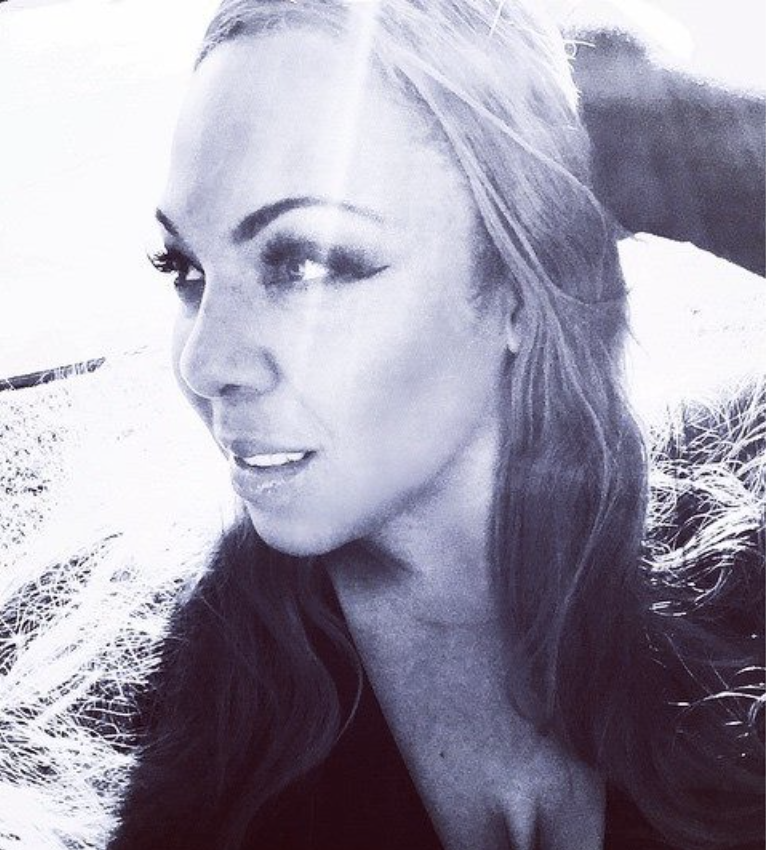
Award-Winning Publisher

